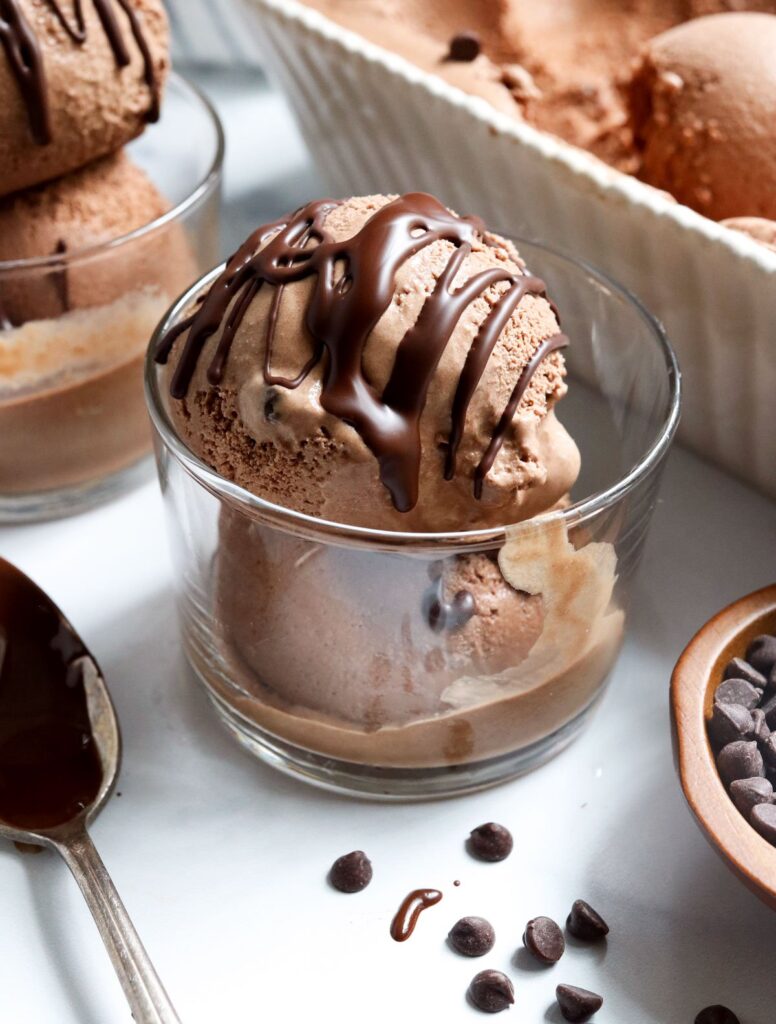Coconut milk is a popular alternative to dairy milk in cooking. It adds flavor and texture to dishes and is used in vegan and lactose-free diets. In terms of nutrition, coconut milk is high in calories and fat, but the fat comes from saturated fats. It has a small amount of carbohydrates and protein, but is rich in iron, magnesium, potassium, and copper. Coconut milk can be used in curries, soups, desserts, and beverages, and it adds a creamy twist to your dishes. Despite its caloric content, it can be part of a balanced diet when consumed in moderation.
All You Need to Know About Cooking with Coconut Milk: A Creamy Twist to Your Dishes
Introduction
Coconut milk, a delicious and creamy alternative to dairy milk, has become increasingly popular in the culinary world. It is not only used as a replacement for milk in vegan and lactose-free diets but also adds a unique flavor and texture to dishes. If you’re looking to spice up your cooking, incorporating coconut milk is a fantastic way to do so. Let’s dive into the nutritional value of this exotic ingredient, along with some tips and tricks for cooking with it.
The Nutritional Value of Coconut Milk
Coconut milk is extracted from the flesh of mature coconuts and is packed with essential nutrients. Here’s a breakdown of the nutritional value of coconut milk based on a typical 100ml serving:
Calories and Fat
Coconut milk is known for its high calorie and fat content. A 100ml serving provides approximately 230 calories and 24g of fat. However, not all fats are created equal. The majority of the fat in coconut milk comes from saturated fats, which are considered less healthy compared to unsaturated fats. It is worth noting that moderate consumption is key to enjoying the benefits while maintaining a well-balanced diet.
Carbohydrates and Protein
Coconut milk contains a small amount of carbohydrates (around 6g per 100ml serving), making it a suitable option for individuals following low-carb diets. However, it is relatively low in protein, providing only around 2g per serving. If you are looking to increase your protein intake, consider complementing your coconut milk dishes with protein-rich ingredients.
Vitamins and Minerals
Apart from its creamy texture and taste, coconut milk also delivers several essential vitamins and minerals. It is particularly rich in iron, magnesium, potassium, and copper, which all play crucial roles in maintaining various bodily functions. However, in terms of vitamins, coconut milk is not as abundant, but it does contain small amounts of vitamin C, E, and some B vitamins. While it may not be a significant source of vitamins, coconut milk can certainly contribute to a well-rounded diet.
Incorporating Coconut Milk Into Your Dishes
Now that you’re aware of the nutritional benefits of coconut milk, it’s time to explore how to use it in your favorite dishes. Here are some popular ways to incorporate coconut milk into your cooking:
Curries and Soups
Coconut milk is commonly used in traditional Thai and Indian curries, providing a rich and creamy base for various spices and vegetables. It adds depth and complexity to the dish while balancing out the spiciness. Similarly, coconut milk can transform a simple soup into a velvety and indulgent bowl of comfort.
Creamy Desserts
Coconut milk is a fantastic dairy substitute in desserts, especially for those with dietary restrictions. From vegan ice creams to coconut rice pudding, this creamy delight brings a hint of tropical flavor to your sweet creations. Its natural sweetness lends itself well to satisfy your dessert cravings.
Beverages and Smoothies
Coconut milk serves as an excellent base for refreshing beverages and smoothies. Blend it with fruits like mango and pineapple, or mix it with your favorite coffee or tea for a creamy twist. The versatility of coconut milk in drinks is limited only by your imagination.
Conclusion
Cooking with coconut milk offers a creamy twist to your dishes, elevating them to new heights of flavor and indulgence. Despite its caloric content, when consumed in moderation, coconut milk can be a part of a well-balanced diet. Its unique taste and nutritional benefits make it a versatile ingredient in both savory and sweet recipes. So, don’t be afraid to experiment and let coconut milk transport your taste buds to a tropical paradise in every dish you create.
